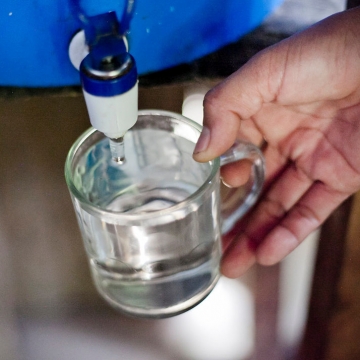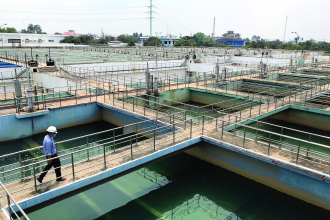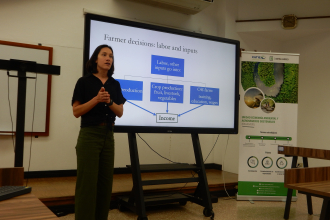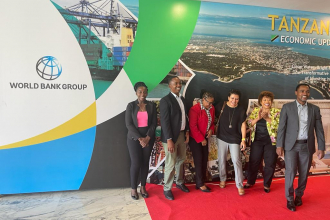
EfD Ghana discussed research priorities with government agencies
EfD Ghana hosted a horizon-scanning workshop to discuss the developments and challenges within Ghana's environment and natural resource sector. The workshop served as a platform for researchers and…




